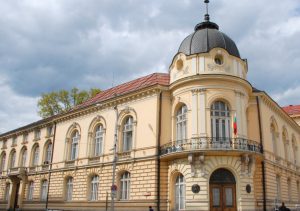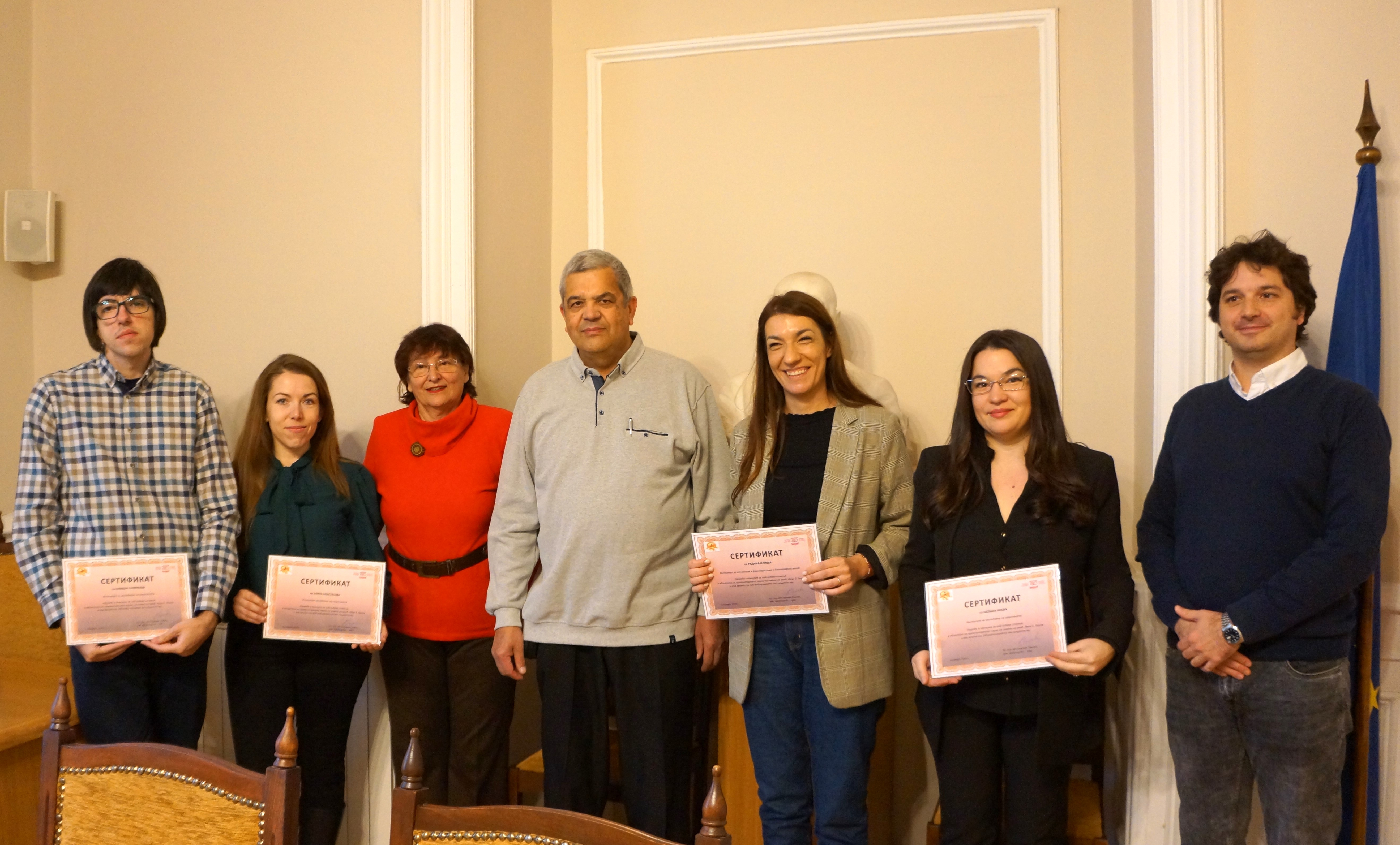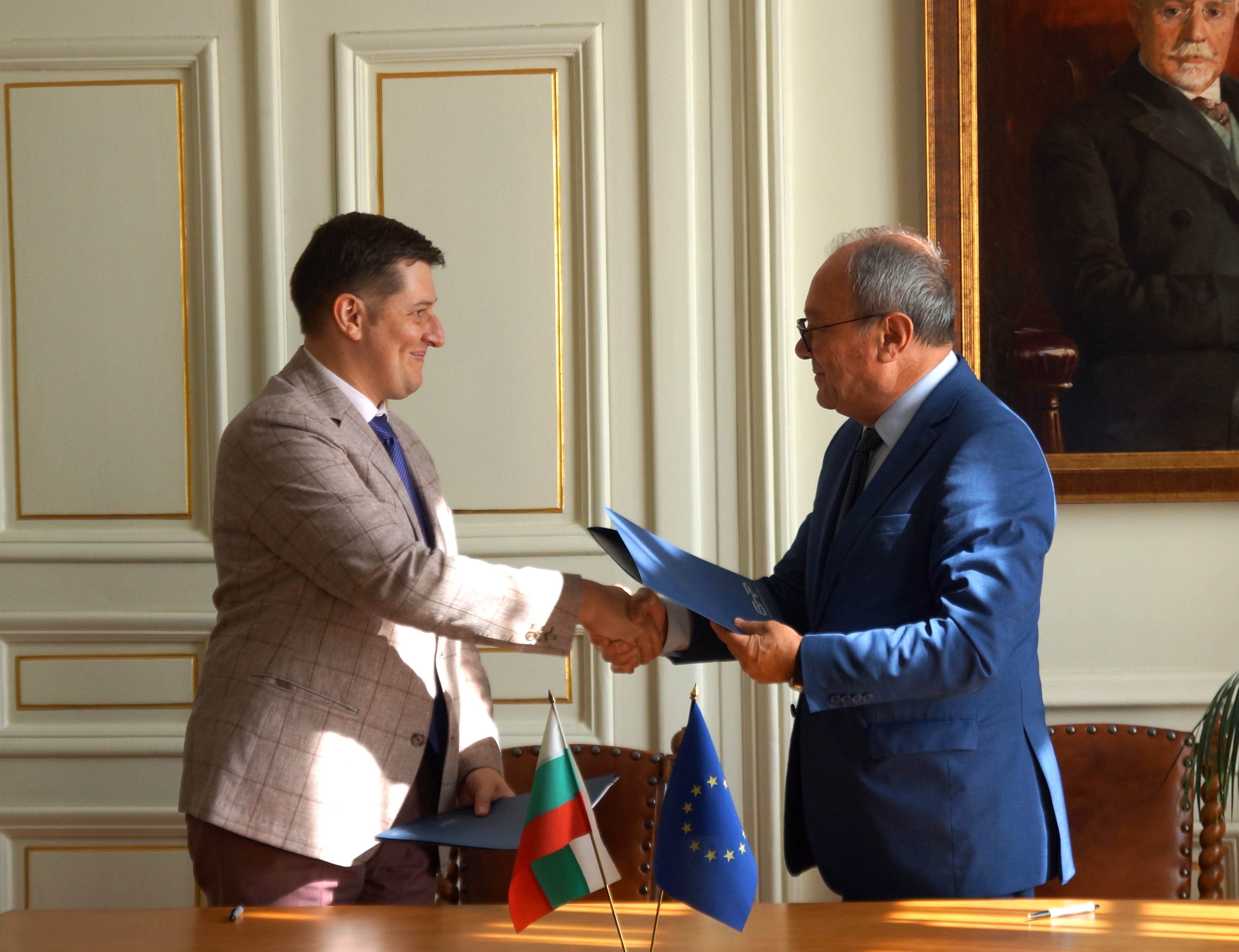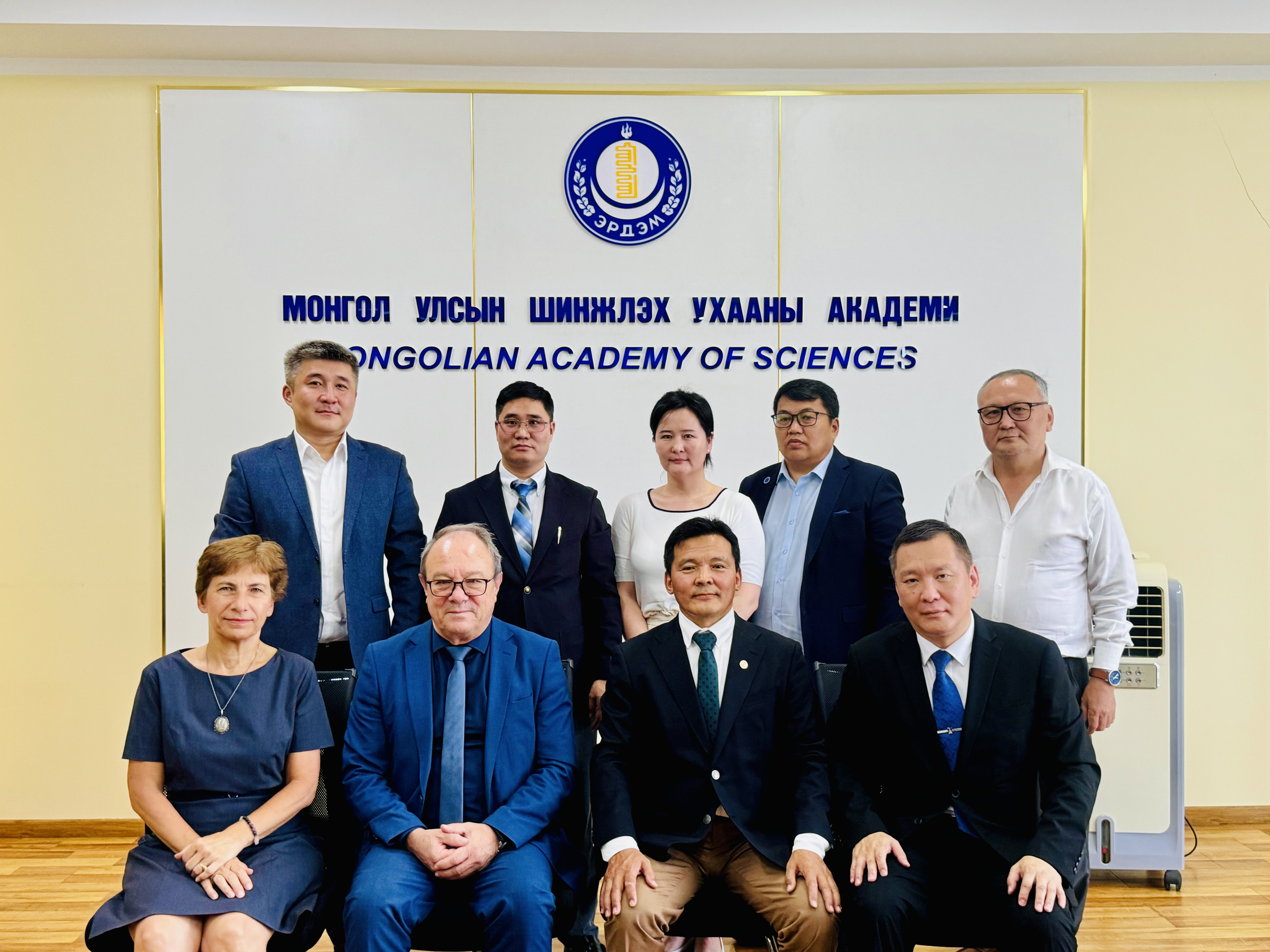 On the occasion of the exhibition of the Russian Cultural Center in Sofia on the eve of the holiday of Bulgarian education and culture, presenting the brothers St. Cyril and St. Methodius as “reformers of the Slavic alphabet”, “creators of the Church Slavonic language” and “first propagators of literacy and education in Russia”, the Bulgarian Academy of Sciences expresses its bewilderment at the replacement of the historical and linguistic facts which are alphabetically known to all unprejudiced Slavic studies in the world, including Russian. It is sufficient to mention the name and work of the world-famous Russian scholar Academician Dmitry Likhachev who defines Bulgaria as the “cradle of Slavic culture”, as the country that gave “the Eastern Slavs the highest layer of language.” The world-famous Russian Palaeoslavist Ralya Mikhailovna Zeitlin, author of the fundamental work “The vocabulary of Ancient Bulgarian Manuscripts of the X – XI Centuries”, consistently acknowledged the Bulgarian character of the Cyril and Methodius language in her research. The list of scientists who share this objective scientific truth can be extended many times over. We also remind you of the fact that in 1985, on the initiative of BAS and the Academy of Sciences of the USSR in Sofia, an academic discussion was held with the participation of famous Bulgarian and Soviet scientists which ended with an official protocol, the conclusion of which reads:
On the occasion of the exhibition of the Russian Cultural Center in Sofia on the eve of the holiday of Bulgarian education and culture, presenting the brothers St. Cyril and St. Methodius as “reformers of the Slavic alphabet”, “creators of the Church Slavonic language” and “first propagators of literacy and education in Russia”, the Bulgarian Academy of Sciences expresses its bewilderment at the replacement of the historical and linguistic facts which are alphabetically known to all unprejudiced Slavic studies in the world, including Russian. It is sufficient to mention the name and work of the world-famous Russian scholar Academician Dmitry Likhachev who defines Bulgaria as the “cradle of Slavic culture”, as the country that gave “the Eastern Slavs the highest layer of language.” The world-famous Russian Palaeoslavist Ralya Mikhailovna Zeitlin, author of the fundamental work “The vocabulary of Ancient Bulgarian Manuscripts of the X – XI Centuries”, consistently acknowledged the Bulgarian character of the Cyril and Methodius language in her research. The list of scientists who share this objective scientific truth can be extended many times over. We also remind you of the fact that in 1985, on the initiative of BAS and the Academy of Sciences of the USSR in Sofia, an academic discussion was held with the participation of famous Bulgarian and Soviet scientists which ended with an official protocol, the conclusion of which reads:
- “The popular basis of the language of the Cyril and Methodius translations is the Thessaloniki dialect of the Bulgarian language in the IX century.
- The language of the translations in the works of the Preslav and Ohrid schools is the Old Bulgarian literary language.
- The language of the Cyril and Methodius monuments has played a huge role in the cultural life of other Slavic peoples and in the formation of their literary languages.“
The attempt to appropriate the work of Cyril and Methodius with the strange claims that the holy brothers created the Church Slavonic language and spread education in Russia is an inadmissible distortion of historical and scientific truth, at least due to the fact that Church Slavonic is a Russian version of the Old Bulgarian language of XVII century, and the brothers Cyril and Methodius never set foot anywhere on Russian soil. The statement that the holy brothers are “reformers of the Slavic alphabet” sounds especially strange when it is world-famous that they are the creators of the Glagolitic alphabet saved by the Bulgarian kings Boris I and Simeon!
On the brightest Bulgarian holiday, an exhibition of a friendly country like Russia should, paying tribute to the holy brothers, take into account the indisputable Bulgarian contribution to world cultural history and the role of the Old Bulgarian language as the third sacred language of Europe.





